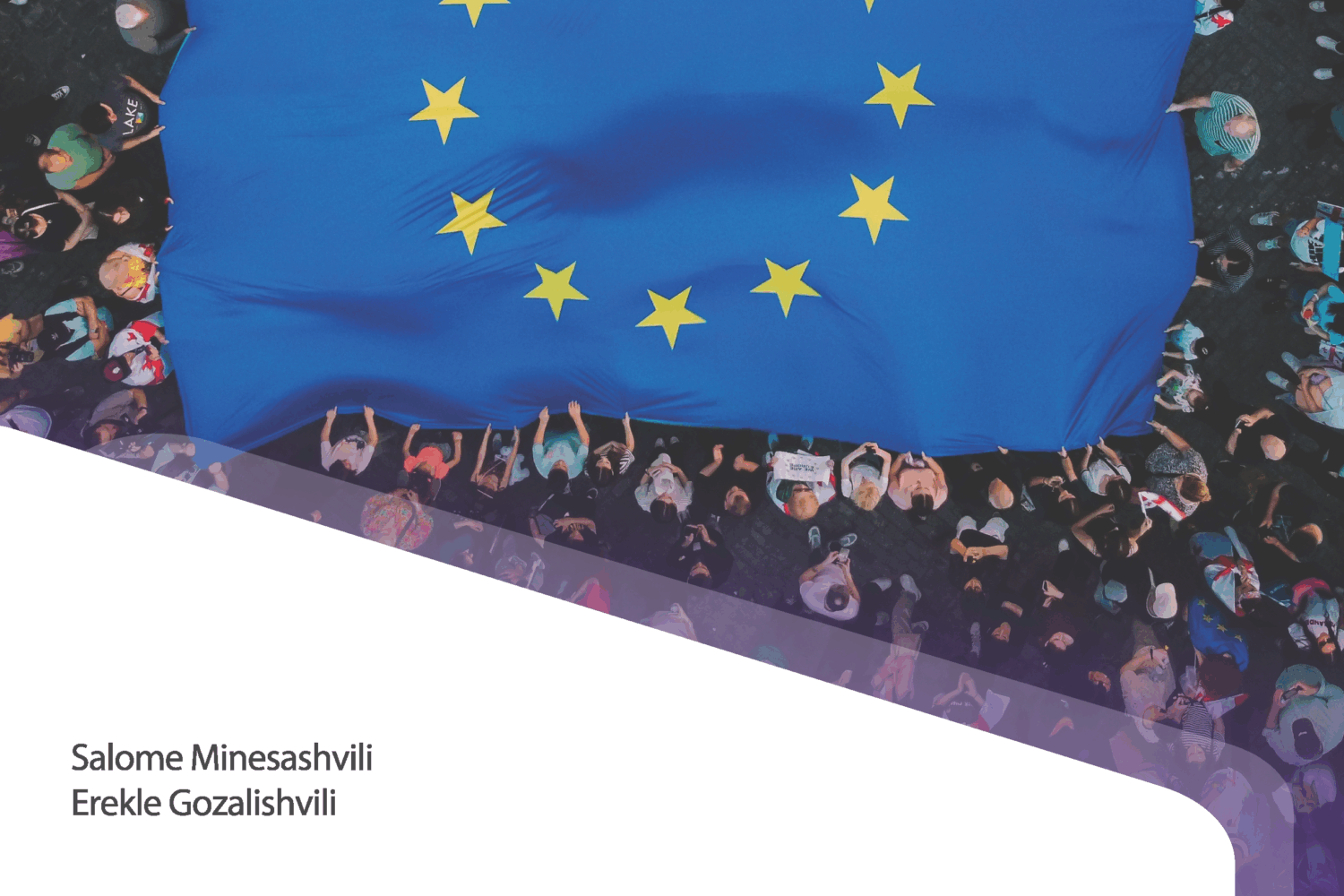2025-03-21 09:36:18
Georgia has been in a state of political crisis since the disputed 2024 parliamentary election, which resulted in the ruling Georgian Dream (GD) claiming victory and opposition parties claiming foul play. But the crisis intensified when Georgian Dream Prime Minister Irakli Kobakhidze announced that his government would be suspending Georgia’s EU membership bid, prompting huge demonstrations and clashes with police.
As such, alongside increasing authoritarianism, the current political crisis has been sparked by the abrupt Eurosceptic turn in the ruling Georgian Dream party’s foreign policy. Once a fringe stance promoted by far-right and Kremlin-linked parties, Euroscepticism became mainstream in Georgia after the start of full-scale war between Russia and Ukraine in 2022 (Tabatadze & Gigauri, 2025). While major Georgian opposition parties strongly support EU integration, anti-Western groups like Alt-info, the Alliance of Patriots, and Georgian Dream’s satellite, People’s Power, have long championed Euroscepticism. Georgian Dream has officially joined this camp, and intensified its anti-Western rhetoric, portraying the EU as either an independent actor or part of a broader “collective West” (Kintsurashvili, 2022). This shift coincided with key events, including the EU’s initial denial of candidate status to Georgia in June 2022 and growing Western criticism over democratic backsliding, particularly regarding the “foreign agents” law and the fraudulent October 2024 parliamentary elections (Kintsurashvili & Ratiani, 2024).
On the other hand, the government`s decision to suspend Georgia’s EU integration process foreseeably sparked widespread protests among the Georgian public, given that four out of five Georgians support EU membership (CRRC 2023). However, at the same time, 33% of Georgians support the government delaying EU membership negotiations (KAS 2024), indicating that Euroscepticism, propagated through government channels, has made some inroads among a share of the public.
This policy memo analyzes Euroscepticism among the political class in Georgia and its resonance in Georgian society. To this end, the memo maps five key EU-critical narratives disseminated by Georgian political parties since 2022, when Russia launched its full-scale invasion of Ukraine. It also uses public opinion polls to understand the extent to which these political discourses resonate with the Georgian public.
Policy Memo #82 | March 2025
This publication was produced with Institut für Europäische Politik (IEP) e.V. in Berlin in the framework of the project “Georgian Civil Society for EU Integration GEO4EU”, supported by the Federal Foreign Office through the Civil Society Cooperation Programme for the Eastern Partnership countries and Russia. Its contents are the sole responsibility of the author and do not necessarily reflect the views of the donors and the Georgian Institute of Politics.
© Cover Photo: Shutterstock ID:2459225475 /George Khelashvili

Author
Salome Minesashvili

Author
Erekle Gozalishvili



